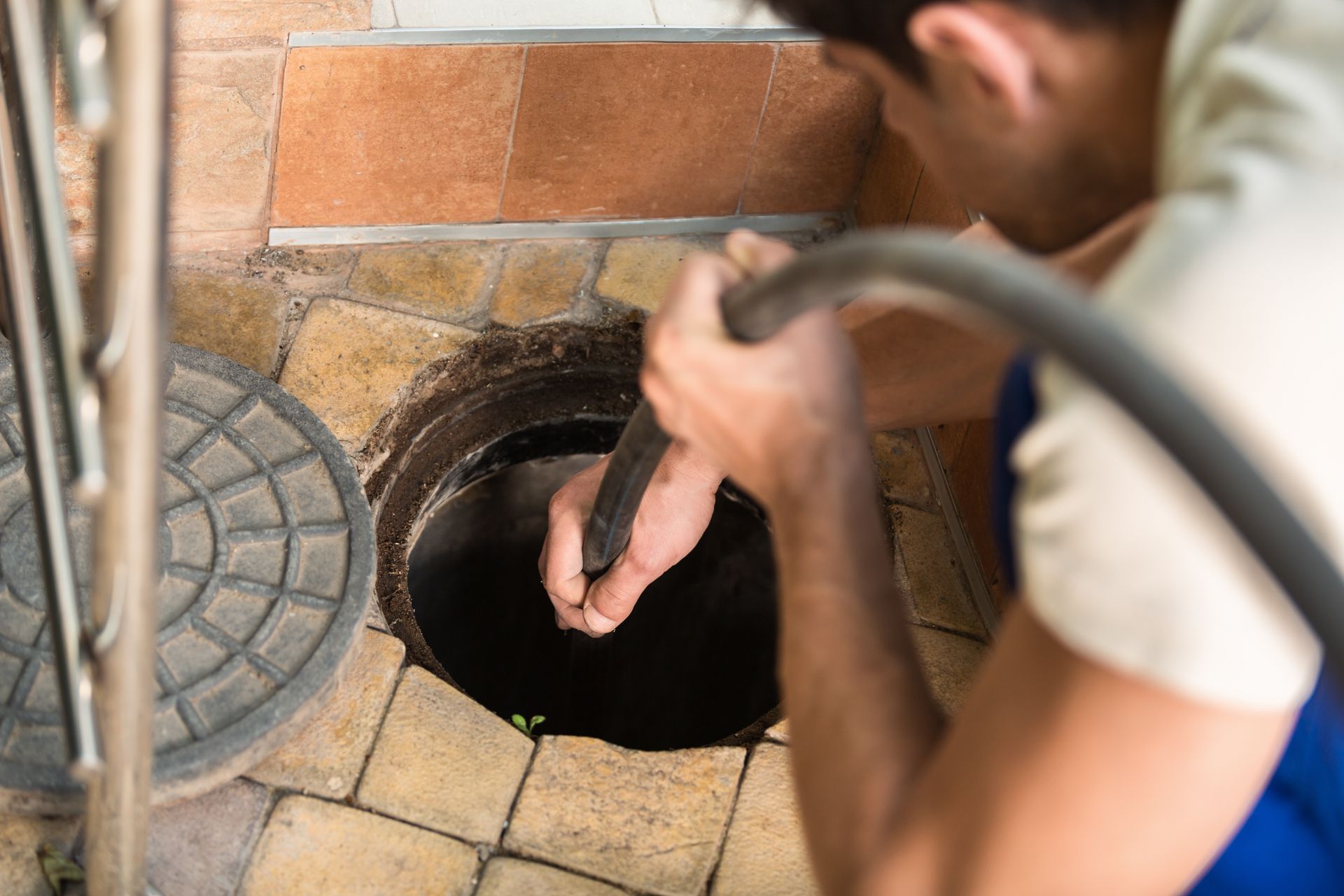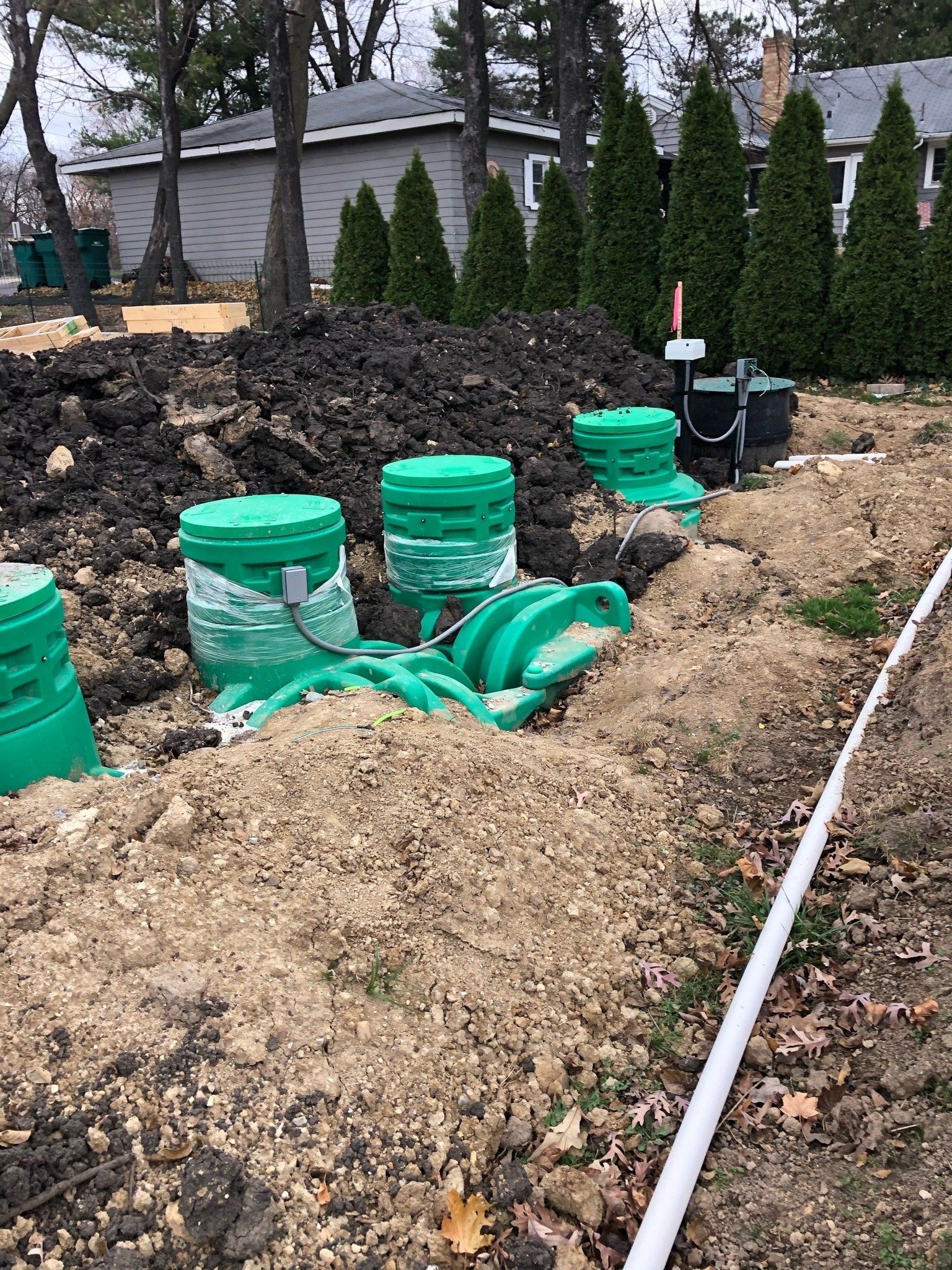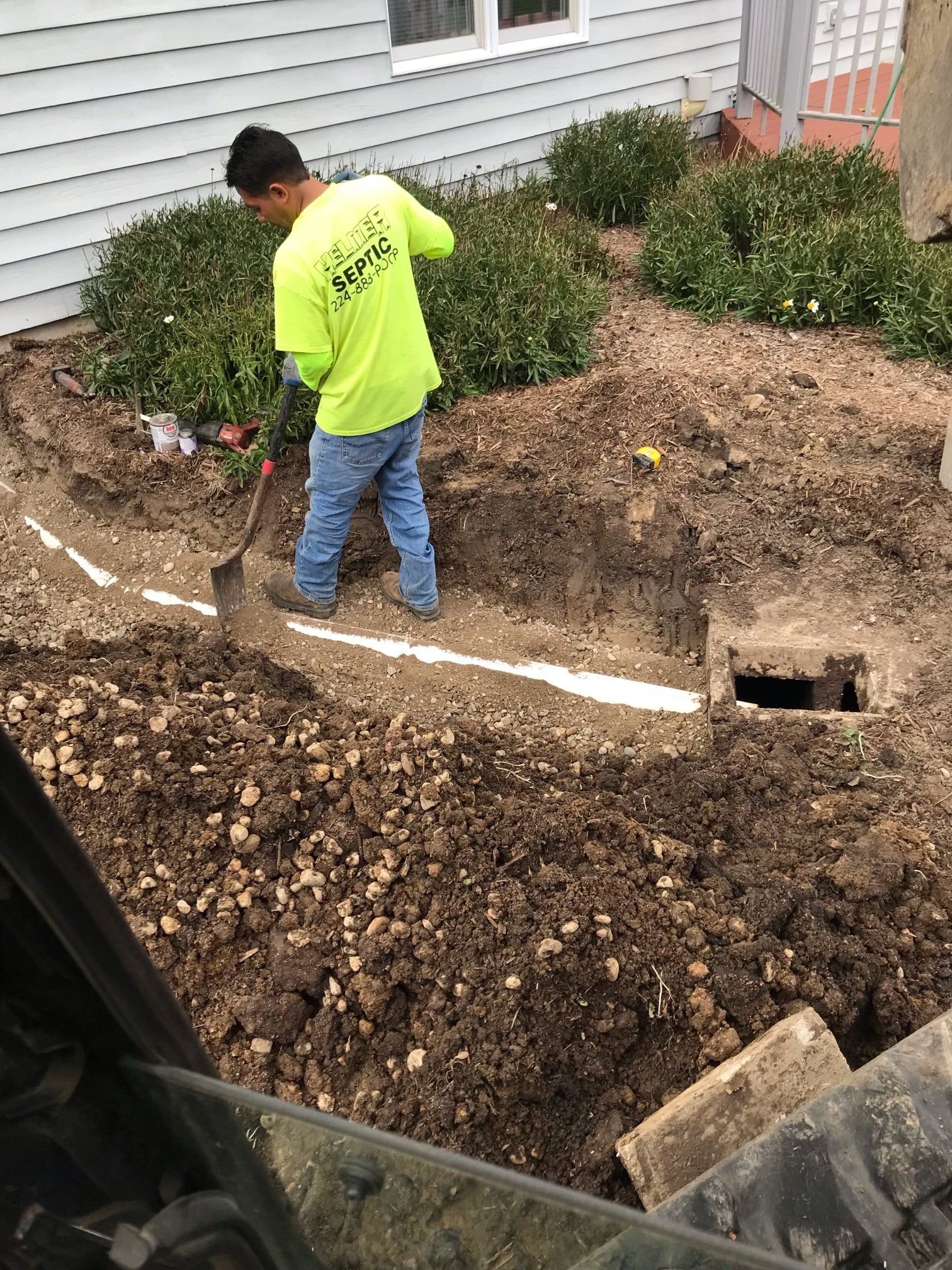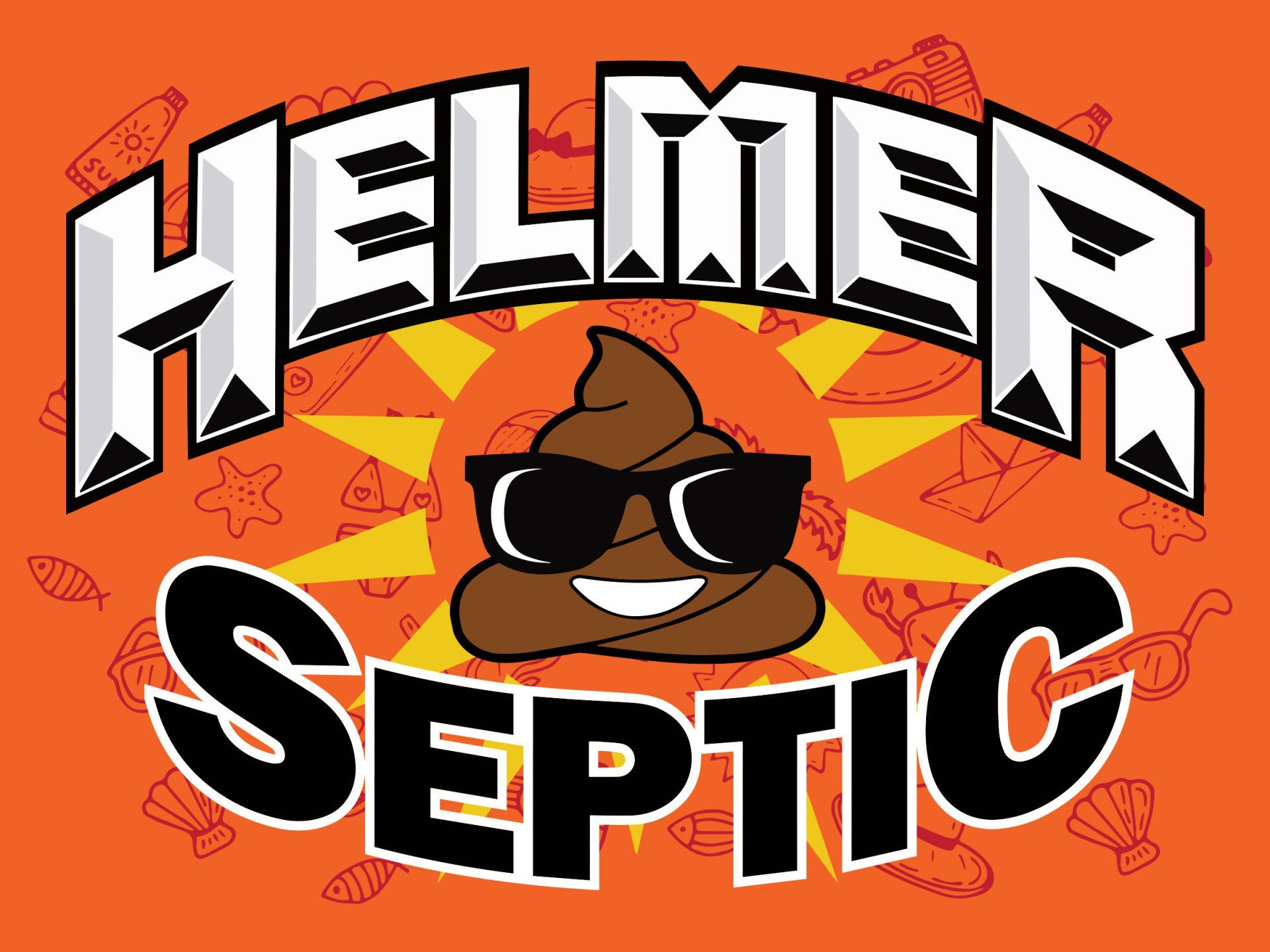Maintaining a smoothly running septic tank system is crucial for the proper functioning of your home's waste disposal system. Neglecting septic tank maintenance can lead to costly repairs, foul odors, and environmental contamination. In this guide, we'll delve into actionable tips to ensure your septic tank remains in optimal condition, keeping your household running smoothly.
- Regular Pumping: Regular pumping is the cornerstone of septic tank maintenance. Over time, solid waste accumulates in the tank, reducing its capacity and efficiency. Schedule routine pumping every 3 to 5 years, depending on household size and usage. This prevents solids from overflowing into the drain field, minimizing the risk of clogs and system failure.
- Watch What You Flush: What goes down the drain directly impacts your septic tank's health. Avoid flushing non-biodegradable items, such as feminine hygiene products, paper towels, diapers, and grease, as they can clog the system and disrupt bacterial balance. Opt for septic-safe toilet paper and limit the use of harsh chemicals that can kill beneficial bacteria essential for waste breakdown.
- Conserve Water: Excessive water usage can overload your septic system, leading to premature failure. Implement water-saving practices such as fixing leaks promptly, installing low-flow fixtures, and spreading out laundry and dishwashing loads throughout the week. Conserving water not only eases the burden on your septic tank but also reduces utility bills.
- Maintain Drain Fields: The drain field plays a vital role in the septic system by dispersing treated wastewater into the soil. Protect its functionality by avoiding heavy vehicles and structures on top, which can compact the soil and hinder absorption. Keep trees and shrubs at a distance to prevent root intrusion into the drain lines, which can cause blockages and damage.
- Perform Regular Inspections: Regular inspections can catch potential issues early, preventing costly repairs down the line. Hire a professional septic tank service provider to conduct thorough inspections, including checking for leaks, signs of backups, and the overall condition of the tank and components. Early detection allows for timely interventions, preserving the longevity of your system.
- Use Septic Tank Additives Wisely: While some homeowners opt for septic tank additives to enhance bacterial activity and break down solids, it's essential to use them cautiously. Choose additives approved by regulatory authorities and follow dosage instructions meticulously. Overuse or misuse of additives can disrupt the natural balance of the tank, leading to system malfunctions.
- Protect the Tank's Structural Integrity: Ensure the structural integrity of your septic tank by preventing heavy objects from being placed on top and avoiding landscaping activities that could damage the tank or its components. Routinely inspect the tank for cracks, corrosion, or signs of deterioration, and promptly address any issues to prevent leaks and contamination of the surrounding area.
A well-maintained septic tank is essential for the smooth operation of your home's waste disposal system. By implementing these tips for regular pumping, mindful waste disposal, water conservation, drain field maintenance, inspections, cautious use of additives, and protecting the tank's structural integrity, you can prolong the life of your septic system and avoid costly repairs. Prioritize septic tank maintenance to ensure the health and functionality of your household's wastewater management system.




